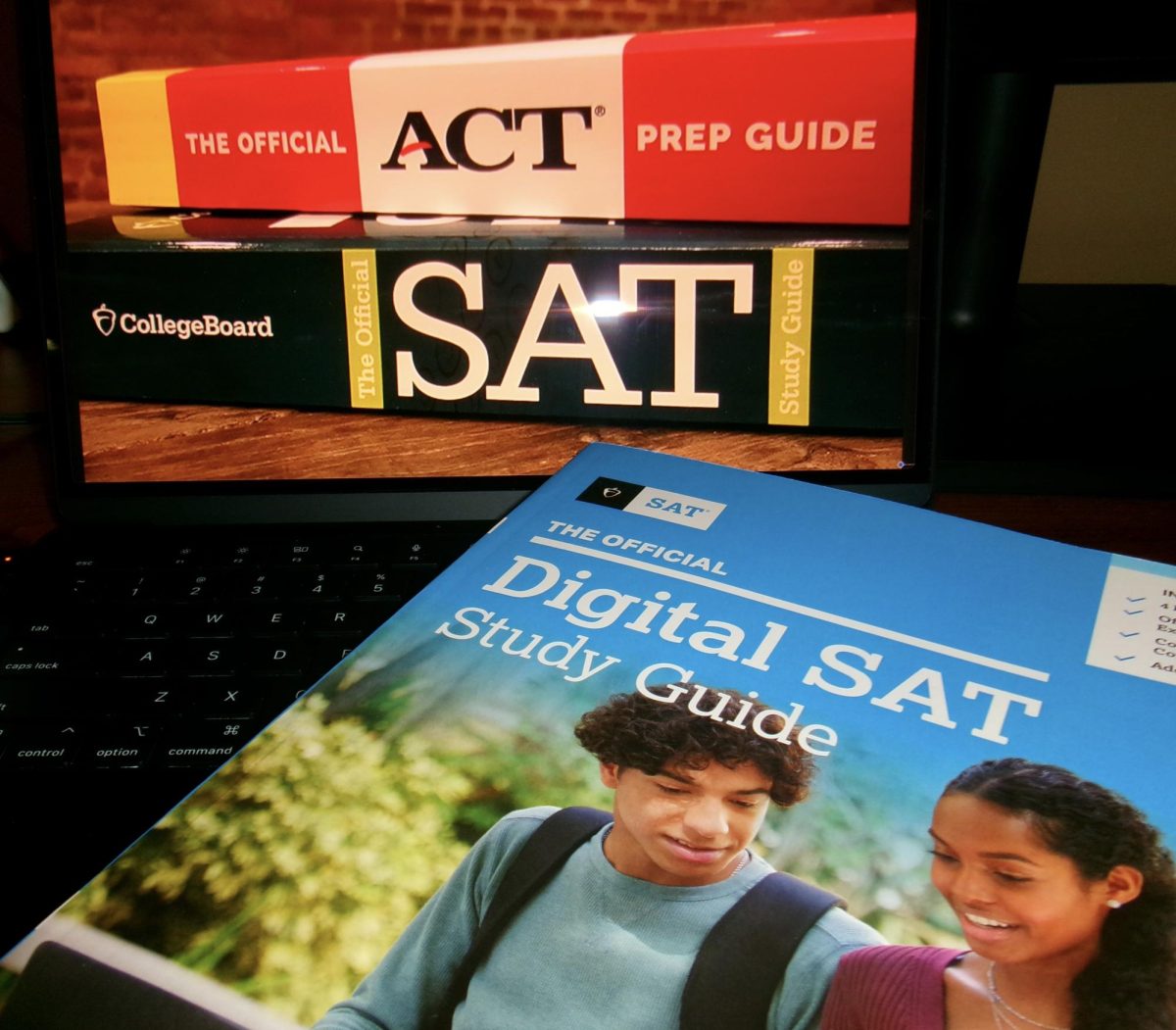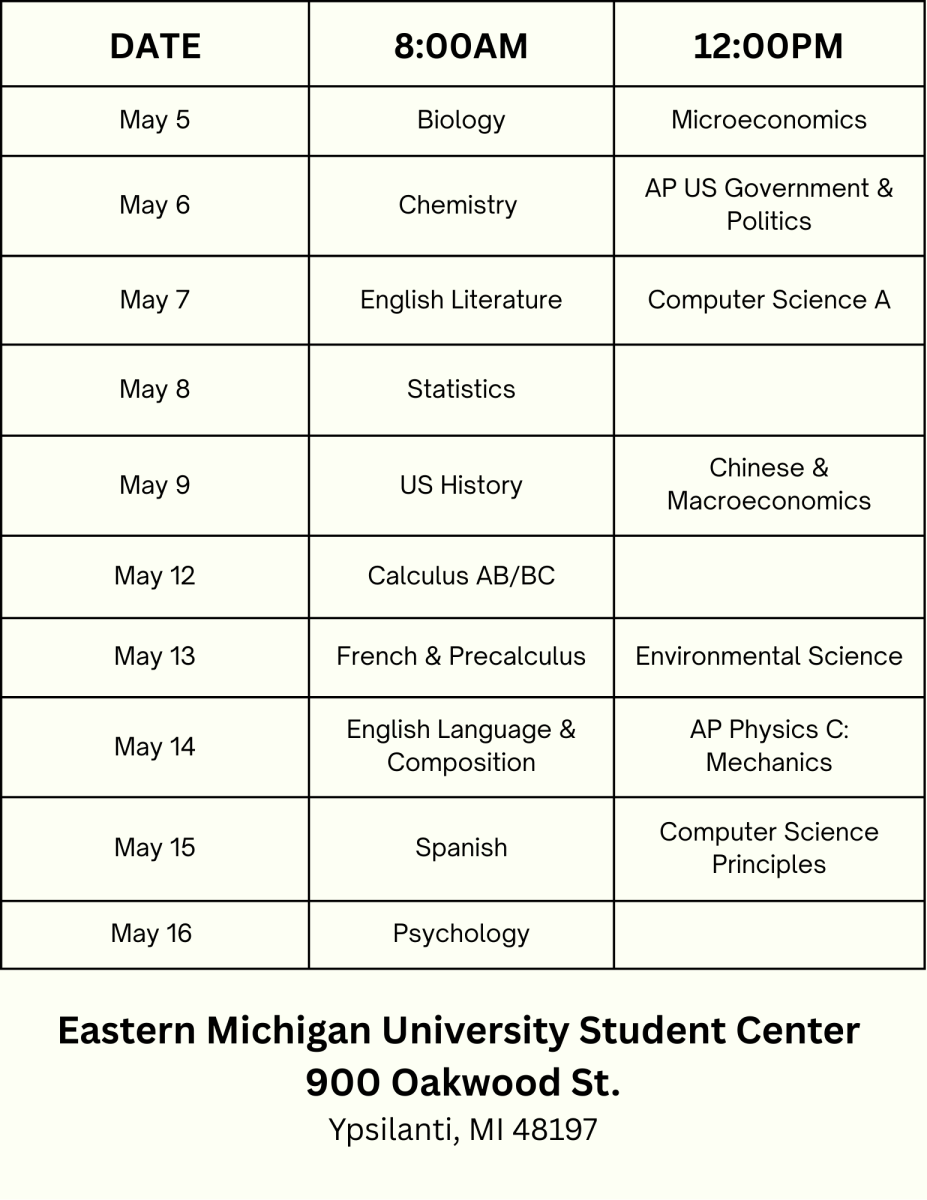The college admissions process is a challenging time filled with many questions, including whether or not to apply early.
When applying early to colleges there are two choices: Early Decision and Early Action.
“Early Decision is binding,” says Skyline’s AP Literature & Composition, 10th Grade English teacher, and college application tutor Carina Sietz, “which means you’re saying to that college: ‘if you let me in, regardless of what other colleges say, I’m going.’”
Early Action, on the other hand, is just applying early before the Regular Decision date.
Applying early comes with several advantages. “You can truly enjoy the rest of your senior year without worrying, ‘do I have this essay in? Do I have my transcripts?’” says Seitz.
Other advantages include stronger chances of admission. For example, according to Duke University’s 2028 Class Profile, applying to Duke University using Early Decision increases your chances of getting in from 4.4% to 13%. Additionally, many merit-based scholarship programs (including those at The Ohio State University) are only available to early applicants, making it essential for students seeking additional financial support. Moreover, many colleges (including the University of Michigan), provide their financial aid packages to early applicants ahead of regular applicants, allowing for earlier financial planning.
Early Decision does come with one significant drawback: if accepted, you must withdraw all applications to other schools. This means you won’t have the opportunity to compare financial aid packages from multiple schools, impacting your ability to choose the most affordable option.
According to Sietz, the only way to opt out of early decision is “for financial reasons. If you apply [through] early decision [and] you get in, and then you look at finances and realize, ‘oh, just kidding. I can’t afford this’ — then you can get out of it.”
Some students hesitate to apply early because their essays aren’t perfect. “Seniors are notorious for saying, ‘I’m going to improve my essay,’ and then they do nothing until two days before it’s due. If you are really going to hold yourself accountable for revising and editing, then, I would say: hold off,” says Sietz.
For standardized testing, Skyline’s Head of Counseling Heather Schimmel believes that for less competitive schools, even if your test scores are not the best, it is still advantageous to apply early.
Sietz echoes this belief: “If it’s not a competitive school that doesn’t need your test scores, such as, like Grand Valley, even Michigan State to some extent, I would go ahead and do early action or early decision, and then you can later on give them your test scores that can help you get scholarships.”
Both Schimmel and Sietz agree that for competitive schools, if you believe you need more time on your application or believe that you can receive a better test score, applicants should consider pushing back their application to Regular Decision. Though be wary: “test scores don’t significantly [improve], from what I’ve seen in working with kids over the years,” says Schimmel.






